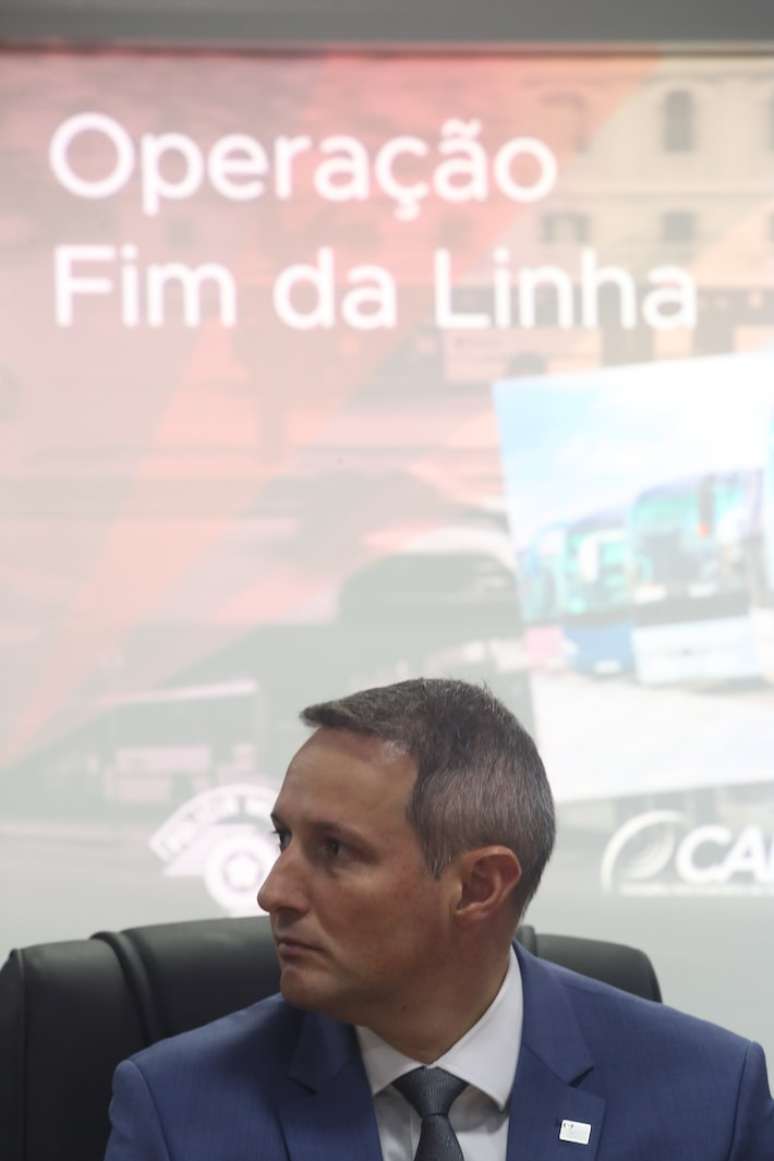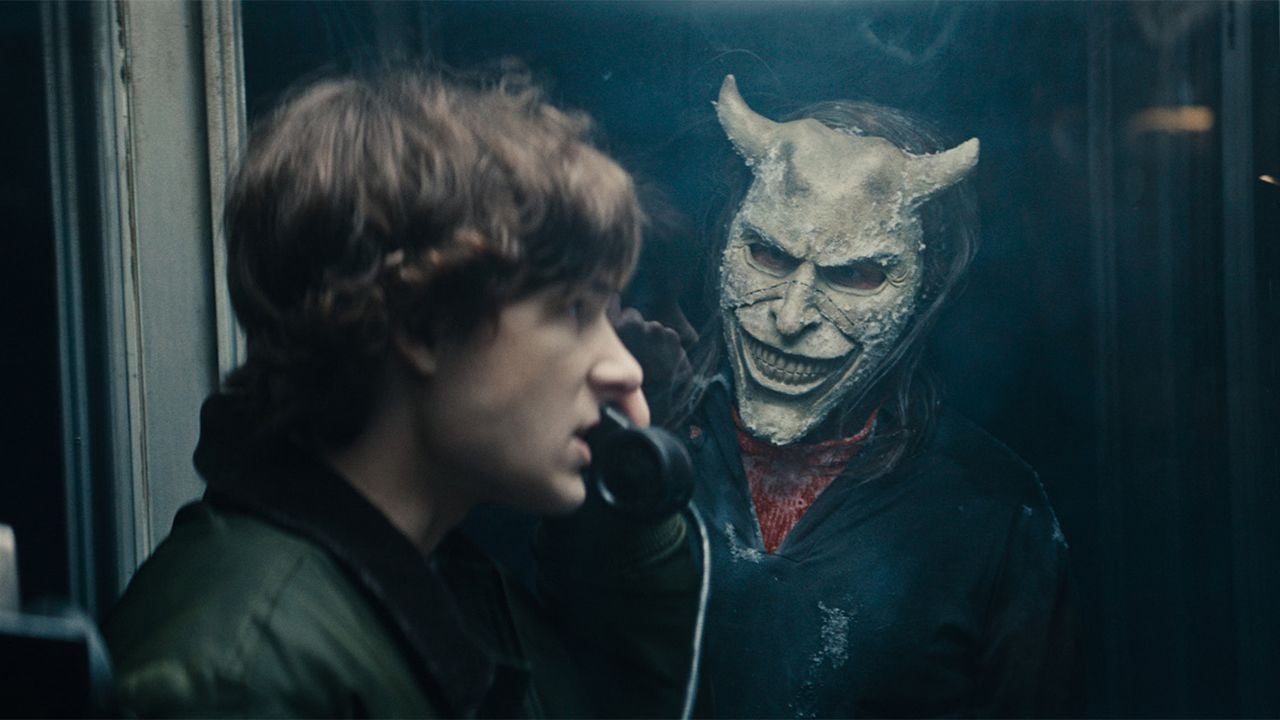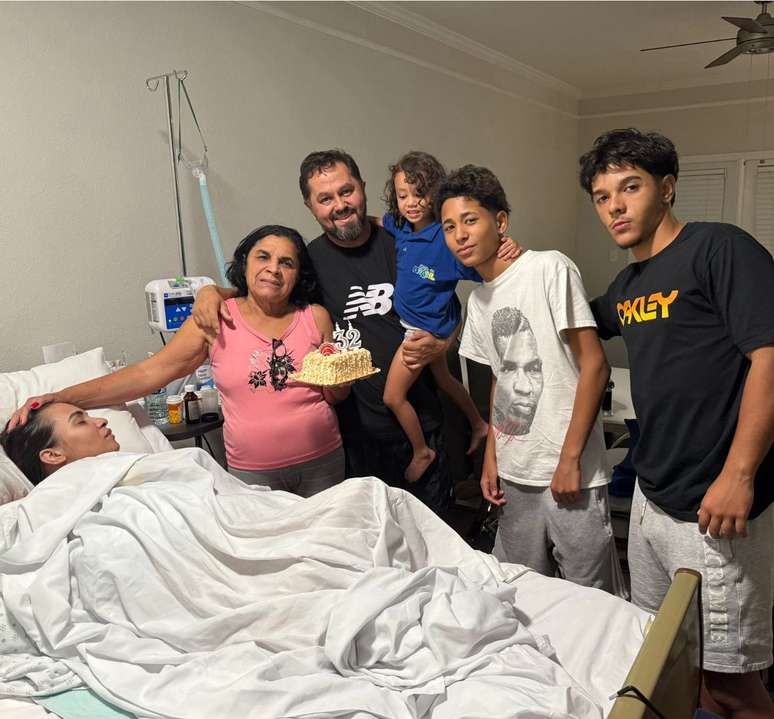In March, Guilherme Derrite had even stated that the camera inhibited the police officer
Two months after stating that the use of body cameras inhibits military police officers from their professional activity, the Secretary of Public Security of the State of São Paulo, Guilherme Derrite, has changed his position. On Friday the 10th, in a press conference after the event, he stated that the equipment “can be very useful not only for the police officer, but for the population”.
On March 6, during a meeting of the Legislative Assembly dealing with the alleged excesses committed by the military police during operations carried out in Baixada Santista, Derrite – who is a reserve officer of the Prime Minister of São Paulo, with the rank of captain – said declared that “the use of cameras (adopted by the corporation during the government of governor João Doria, from 2018 to 2022) has reduced all the figures: arrests, seizures of weapons, arrests. It has reduced a series of things that lead us to believe that it has inhibited police activity.”
On the same occasion he stated that it was better to invest the money for the cameras in electronic ankle bracelets: “I prefer to monitor the criminal, it costs less. In fact the price of an electronic ankle bracelet is almost a third to the detriment of a body camera”, he said. The stance against the cameras is nothing new: Derrite had already criticized the equipment on other occasions.
Governor Tarcísio de Freitas (Republican), to whom Derrite is subordinate, also made this move. At least until January 2 he criticized the cameras: “How effective are body cameras in citizen safety? None,” he said that day in an interview with TV Globo. Twenty days later, however, he changed his opinion: “We will use technology. The body camera is one of the technological components integrated into Muralha Paulista, so we will evaluate the use of these cameras, right? There is even the possibility of an expansion”, the governor explained.
This Friday, after commenting on the case of a military police officer who shot a suspect and his action was captured by a camera, Secretary Derrite praised the equipment: “It is a public policy that has been put a lot under discussion, which generated controversy. I also, at the time of the campaign, questioned the use of the camera and its effectiveness, (but) I could see that it can be used for other functions, it can be very useful not only for the police officer, but for the public,” he said.
Derrite then spoke about the next tender for the purchase of cameras: “In this context we are studying a new tender, and in this tender the camera will have new functions, including that of being able to carry out facial recognition. Not exclusively as an inspection and instrument of control, which is also valid, from my point of view every public employee must be monitored, but we are providing protection to the police, assistance in future investigations of any type of crime and with new features that I talked about with facial recognition,. but it has body cameras that are used with a radio communicator,” the Secretary of Security concluded.
According to the ministry, on April 26 the government announced the launch of a new tender for the rental of 3,125 new portable body cameras (COPs) for the Military Police. They will allow the reading of license plates, the identification of stolen or stolen vehicles, and the identification of “situations and facts of police interest”, explains the secretariat. “Furthermore, they will allow for better audio and video capture, contributing to the protection of police officers and the public.” The integration of facial recognition technology into new equipment is also being studied, the ministry says.
Today, 10,125 body cameras are in use, serving 52% of military police officers in São Paulo. The equipment acquired with the new tender should replace part of the existing COPs, the secretariat says. A tender is also underway for the rental of another three thousand devices to be attached to vehicles.
Source: Terra
Rose James is a Gossipify movie and series reviewer known for her in-depth analysis and unique perspective on the latest releases. With a background in film studies, she provides engaging and informative reviews, and keeps readers up to date with industry trends and emerging talents.







